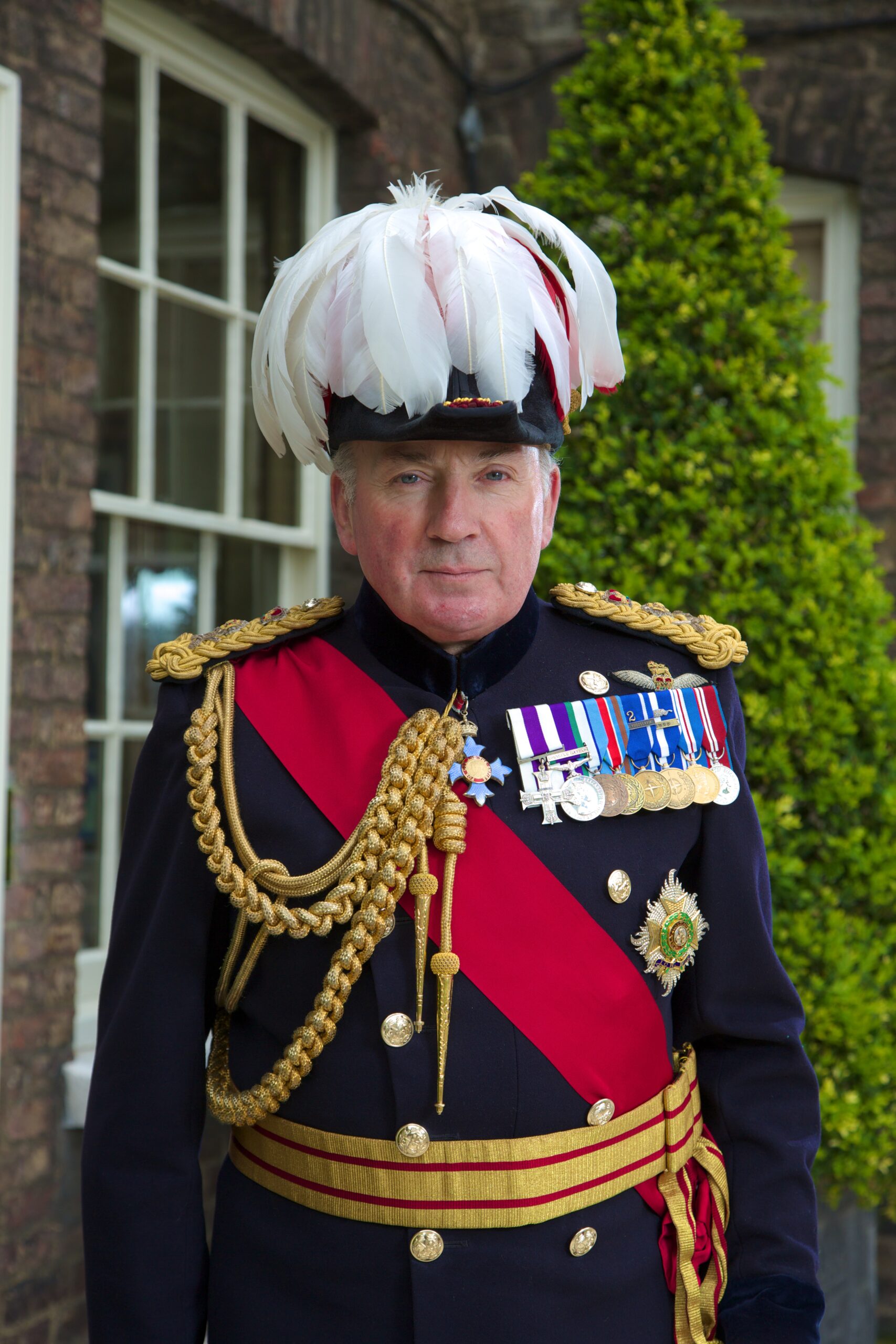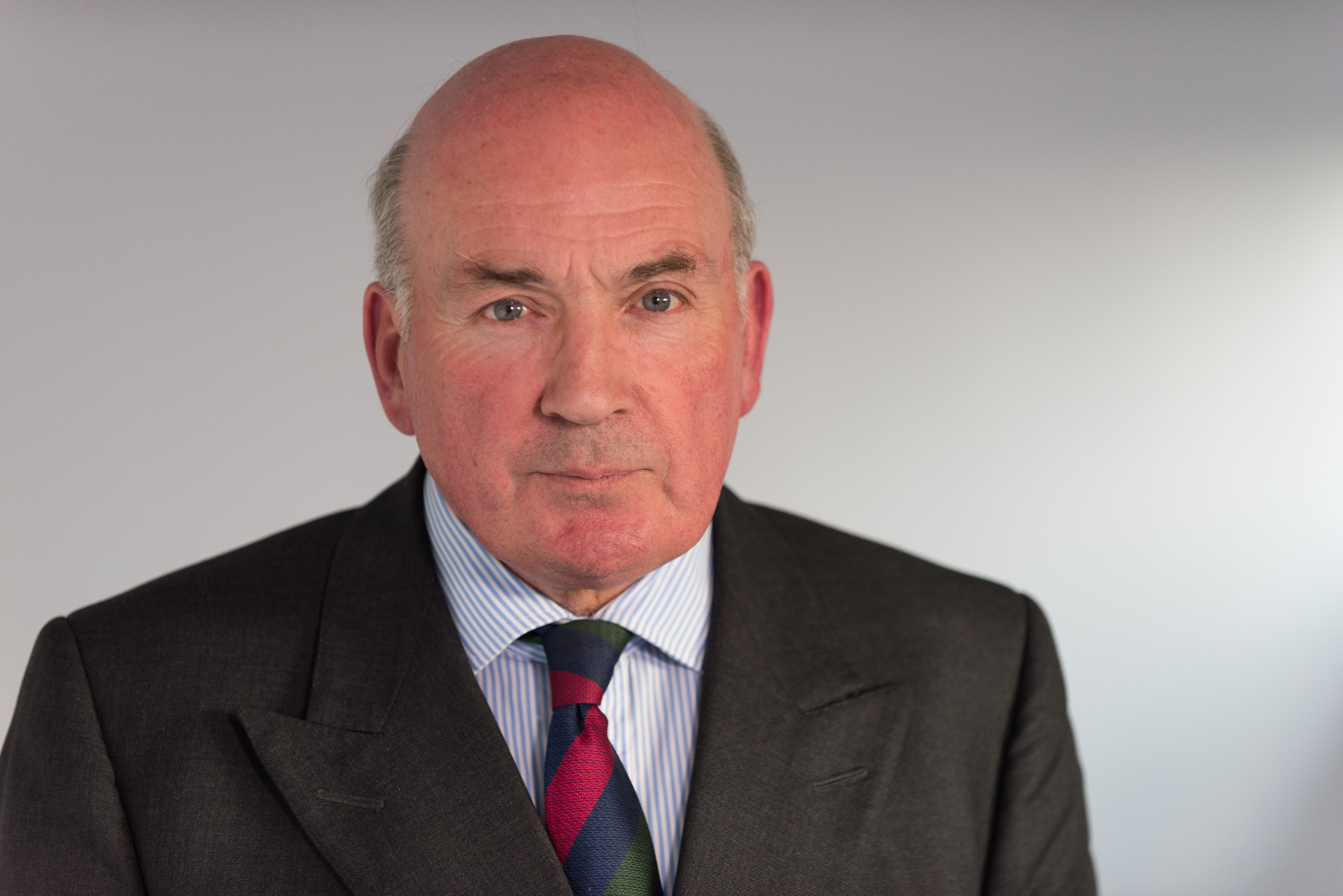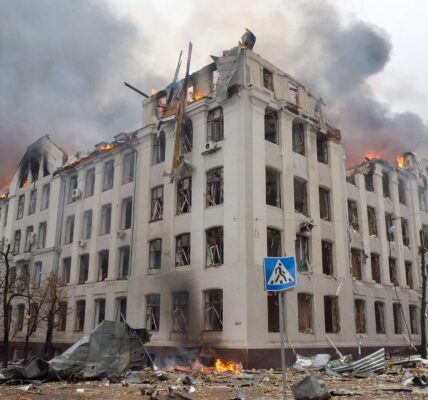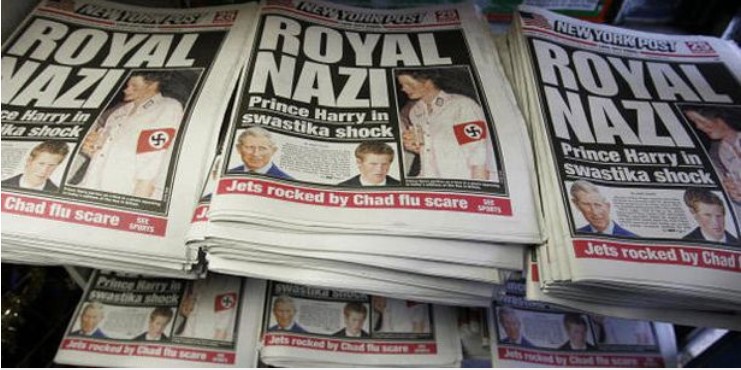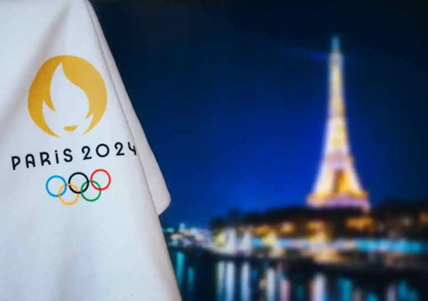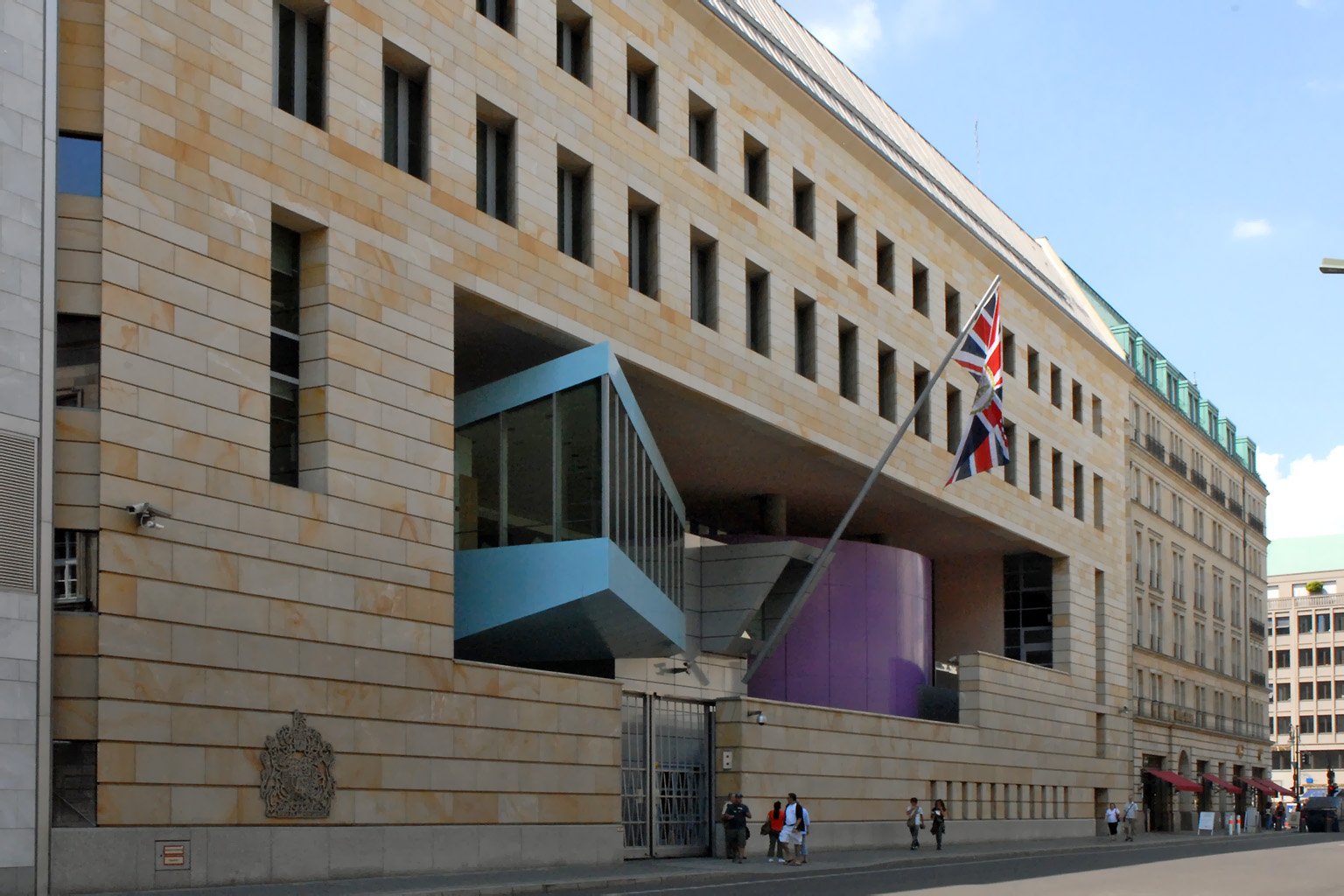Former army chief calls on King Charles to stop campaigning and become as “inscrutable” as his late mother
Lord Richard Dannatt, former head of the British Army, writes exclusively for National Security News, urging King Charles III to “take on the same mantle of inscrutability” as his beloved late mother, and serve Britain and the armed forces in the 21st century.
Much has already been written and said about the special relationship that members of the British Armed Forces have with their Sovereign.
Until last Thursday, every recruit to the Royal Navy, the British Army and the Royal Air Force swore an Oath of Allegiance to Her Majesty Queen Elizabeth II.
I swore that Oath on 28th August 1969. Like many English schoolboys, I was, and still am, fanatical about cricket.
On that day in August 1969, I was watching Essex play Leicester at Chelmsford. As the players went into the pavilion for lunch, I jumped on a bus and went to the local army recruiting office to formally join the British Army before starting my training at the Royal Military Academy Sandhurst in a few days’ time.
I held a copy of the Bible in one hand and swore the Oath. Having signed the necessary papers, I was given the Bible to keep and a day’s pay – one pound, two shillings and six pence.
That was my “Queen’s Shilling.” Back at the cricket ground as the players came out for the afternoon session, I reflected to myself that during the lunch interval I had joined the British Army and hoped I had made a good decision!
What passed me by that morning was that part of the Oath which referred to “Her heirs and successors.” On Thursday 8th September 2022, as Her Majesty Queen Elizabeth II expressed her last breath, the allegiance of all serving members of the British Armed Forces switched in an instant to His Majesty King Charles III.
And my allegiance switched too, because as a former Chief of the General Staff I never retire from the Army. I now serve the new King.
After seventy years as an apprentice and as a King in waiting, we have all got to know our new Sovereign well. But as he indicated in his speech to the Nation on Friday, he knows that his behaviour has got to change.
Stories about letters written to Government ministers in a spidery hand complaining about this issue or urging action on another are legion.
Often has been the reported private conversation with the then Prince of Wales as in exasperation he says that “they” are all mad over some matter dear to his heart – with climate change issues very high in his priorities.
However, he recognises now that he must take on the mantle of inscrutability so ably worn by his mother for seventy years.
“Even earlier this year when he deputised for his mother at the State Opening of Parliament there were some little inflections in his voice as he read the Queen’s Speech which suggested that he might not fully be agreeing with everything that he was reading.
“All that has now to change.”
The Monarch embodies the State, the Government merely administers it on the Monarch’s behalf. The inscrutability will be hard, but it is mandatory and at the heart of Britain‘s unwritten Constitution.
As with the late Queen, there will always be a real live, intelligent, enquiring individual behind that mask of inscrutability. The one leakproof conversation in the United Kingdom that takes place on a weekly basis is that between Sovereign and Prime Minister.
This will be King Charles’ opportunity to advise or encourage his Prime Minister of the day, but we will never know the substance of those conversations.
However, what we do know from all King Charles’s former interests is that policies relating to the protection of the environment and the mitigation of the catastrophic effects of climate change will always meet with his approval.
So too, will be issues relating to the security of the State and the well-being of the British people, especially the members of the Armed Forces and the Veteran community.
Like all members of the House of Windsor, military service is part of their DNA, and King Charles is no exception.
His father and grandfather were naval officers, as was he and his brother, while his two sons, William and Harry, chose to join the British Army.
But even if he can no longer directly affect policy, he can continue to change the lives of ordinary people. In the bad days of the height of the campaigns in Iraq and Afghanistan when casualties were soaring, the then-Prince Charles took his commitment to the welfare of injured soldiers from the Regiments of which he was Colonel in Chief, very seriously.
He would write a handwritten letter to those who had been injured and send them a bottle of whisky. That genuine gesture of personal care would do more for those soldiers than all the doctors and nurses could achieve through their medical expertise.
Having left the European Union and under Boris Johnson’s premiership embraced the notion of Global Britain, King Charles will be acutely aware of Britain’s wider role in the World and in the Commonwealth, remembering that he is now Head of State of some fifteen different countries and territories, including Australia, New Zealand, and Canada.
The person of the Sovereign will be closely scrutinised in those countries as their people debate the level of their desire for possible Constitutional change.
Earlier in the year, he signalled his acceptance of the possibility of change and that is the challenge – how to maintain the golden thread to the past as it rolls forward to an ever-changing future.
Just as his beloved Black Watch regiment was obliged to merge into the larger blander Royal Regiment of Scotland, King Charles’ challenge will be to preserve what is best and appropriate from the past into the realities of the Twenty First century.
We will never know what conversations are held during those weekly audiences in Buckingham Palace, but I cannot see that campaigning Prince of Wales at a stroke biting his lip and not offering a comment.
After all, when the Sovereign is decades older than the Prime Minister, why should he not offer of his wisdom? God save the King!

